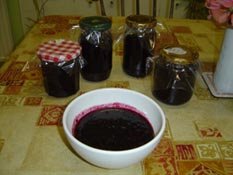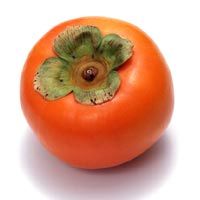My impression of The BBC Proms, or its gobbledegook formal title The Sir Henry Wood Promenade Concerts presented by the BBC, comes from its Last Night, where some popular classics are performed in the first half and a string of patriotic tunes belted out in the second.
While the first half is regarded 'serious', i.e. decent, the second is meant to be lighthearted, a good occasion for some patriots to flaunt their exuberance, confidence and stylishness of being Britons, where Union Jacks, fancy dress, balloons, party poppers and all sorts of banners are most welcome. Nevertheless, it is not necessary to be a British nationalist to take part in the event. Just have fun and whoop it up, waving whatever you've got!
If my memory serves me, the patriotic songs include:
- Edward Elgar's Pomp and Circumstance March No. 1 (with words Land of Hope and Glory written for the trio theme)
- Sir Henry Wood's Fantasia on British Sea Songs
- Hubert Parry's Jerusalem (set against William Blake's poem)
- Thomas Arne’s Rule Britannia
Since I came to Britain, watching Last Night of the Proms on TV has become an annual ritual of anointing myself with some British cream as if I was once a member of the British Empire.
Although now I pay much more attention to other prom concerts on Radio 3, Last Night still means a lot to me. This year, thanks to colleagues at the University of Glasgow who forwarded me the ticket information, I was offered a ticket by the organiser to Glasgow Green, one of the venues of BBC Proms in the Park.
The first half in Glasgow Green will see BBC Scottish Symphony Orchestra, Inverclyde Junior Choir and some other artists, and the second half may join the crowd in the Royal Albert Hall in London through live telecasting. I'd better start to remember the lyrics of those British patriotic songs so that I can sing along with those Britons on Saturday.










